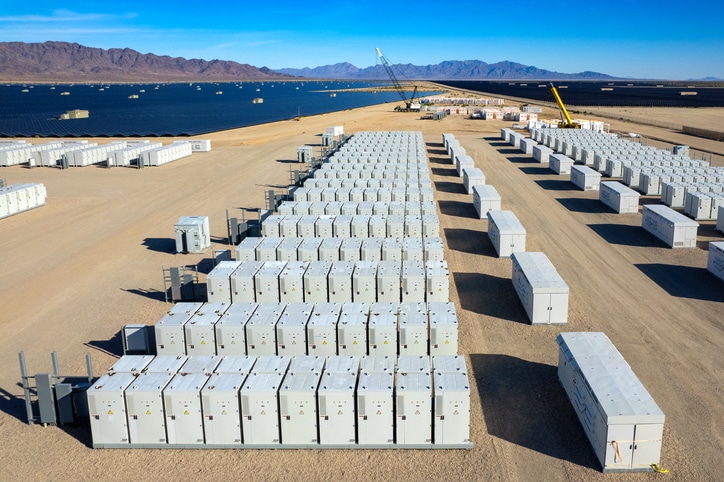
by Komoneed | Oct 27, 2024
Less than two months following the removal of four hydroelectric dams along the Klamath River, some of its salmon have swum upstream in Oregon to start spawning for the first time in over a century. The first salmon was spotted October 3 on sonar, swimming through the former site of Siskiyou County’s Iron Gate Dam, […]
The post Salmon Spotted Swimming Far Upstream to Old Spawning Grounds After Historic Klamath River Dam Removal appeared first on EcoWatch.

by Komoneed | Oct 27, 2024
This post was originally published on UNDPAn ancient water system in Sri Lanka offers a blueprint for climate resilience kate.smith@undp.org Thu, 10/24/2024 – 01:55 The Climate Resilient Integrated Water Management Project (CRIWMP) financed by the Green Climate...

by Komoneed | Oct 27, 2024
Cashmere has long been considered an ultra soft, luxurious, and expensive material. And although it’s increasingly common and affordable, more accessible prices don’t mean improved values. So how sustainable is cashmere, exactly? Here’s why it’s best avoided. Is cashmere the same as wool? Cashmere fibre (sometimes called cashmere wool) is another name for the hair […]
The post Material Guide: How Ethical Is Cashmere and Is It Sustainable? appeared first on Good On You.

by Kate Mothes | Oct 27, 2024
“My work touches very contrasting emotions: the joy of color and natural beauty but also the sadness and despair of where we are headed,” Kilgast says.
Do stories and artists like this matter to you? Become a Colossal Member today and support independent arts publishing for as little as $7 per month. The article Thriving Habitats by Stéphanie Kilgast Emerge from Plastic Bottles and Recycled Objects appeared first on Colossal.

by Komoneed | Oct 27, 2024
According to a recent report from the U.S. Energy Information Administration (EIA), utility-scale battery storage capacity is quickly growing, with capacity reaching 20.7 gigawatts by July 2024 and 21.4 gigawatts as of August 2024. In 2010, the U.S. had just 4 megawatts of battery storage capacity, and that number remained relatively unchanged until 2020. But […]
The post Utility-Scale Battery Storage in U.S. Increasing Rapidly, EIA Finds appeared first on EcoWatch.






